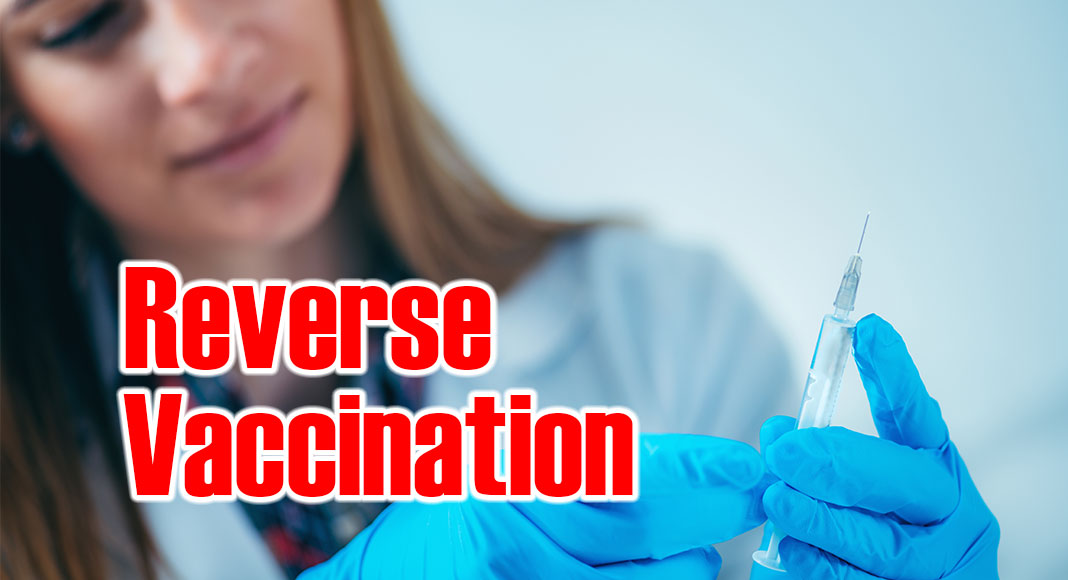
Mega Doctor News
By University at Buffalo
Newswise — BUFFALO, N.Y. – For nearly a third of patients with hemophilia A and almost all patients with Pompe disease, their own immune system is their greatest obstacle to treatment. When given essential proteins and enzymes, their body perceives the treatments as a threat and attacks.
However, University at Buffalo researchers have developed a new treatment that uses reverse vaccination to pre-expose the body to medications and build immune tolerance. The novel treatment pairs essential proteins and enzymes with lysophosphatidylserine (Lyso-PS), a fatty acid that helps the immune system tolerate foreign substances, reducing adverse reactions to the drugs.
Unlike traditional vaccination, which uses pre-exposure to teach the immune system to attack potential threats, reverse vaccination uses exposure to teach the immune system to ignore foreign substances. The treatment could be applied to a broad range of drug therapies, autoimmune disorders, and allergies, says lead investigator Sathy Balu-Iyer, PhD, professor of pharmaceutical sciences and associate dean for research in the UB School of Pharmacy and Pharmaceutical Sciences.
The results were published this month in Scientific Reports. Balu-Iyer recently received funding to continue preclinical research from the Empire Discovery Institute, which will license the technology and advance the treatment to the market.
“The safety and effectiveness of several life-saving therapeutic drugs are compromised by anti-drug antibodies. Once antibodies develop, clinical options available for patients become expensive and, in several cases, ineffective,” said Balu-Iyer.
“Instead of attempting to reverse the anti-drug antibodies, which is highly challenging, clinical treatments that prevent antibody development may be a more effective strategy,” says Nhan Hanh Nguyen, first author and pharmaceutical sciences graduate student at UB. “Our approach is based on the rationale that pre-exposure of a protein in the presence of Lyso-PS teaches the immune system not to mount a response.”
Hemophilia A is a genetic bleeding disorder caused by the lack of blood-clotting protein Factor VIII. Patients with the disorder are at severe risk for bleeding after injury or surgery. Recombinant Factor VIII is the first line of defense in treatment; however, the body may associate Factor VIII with other threats and produces antibodies that destroy it. A third of patients experience these adverse reactions, and once antibodies develop, the cost of clinical treatments may rise above $700,000 per year.
For Pompe disease, a rare genetic condition in which the body lacks the enzyme necessary to break down complex sugars for energy, more than 90% of patients develop antibodies to treatments. Without the enzyme, acid alpha glucosidase (GAA), sugar builds up in the muscles and organs, causing weakness and shortening life expectancy. Attempts to suppress the immune system expose patients to risk of secondary infection.
Findings published in August in the Journal of Thrombosis and Haemostasis found that four weeks of co-administration of Lyso-PS with Factor VIII significantly reduced the development of antibodies without impacting the effectiveness of the protein.
The new research designed and tested a Lyso-PS nanoparticle with the ideal size and surface characteristics for cellular uptake, binding and survival in the digestive tract.
The study found that the designed Lyso-PS nanoparticle prevented the development of antibodies against Factor VIII in 75% of subjects, and significantly reduced antibody levels against GAA.
The treatment was effective when delivered intravenously as well as orally, the latter of which could allow for easier consumption and improved medication compliance by patients, says Balu-Iyer.









